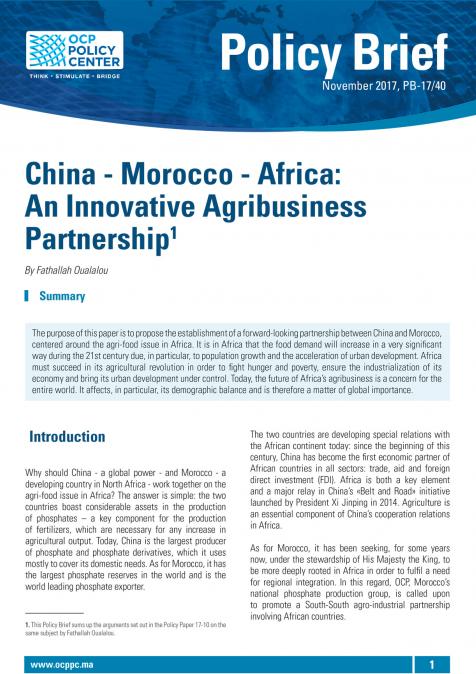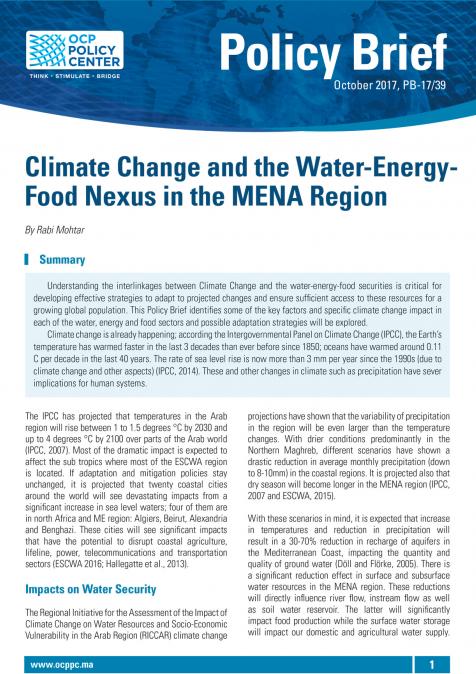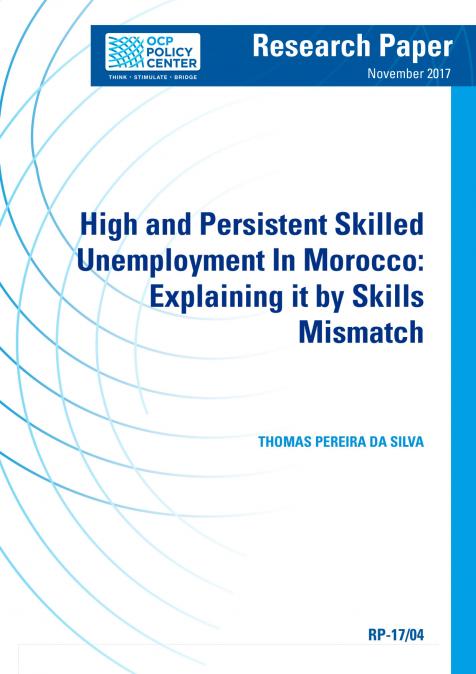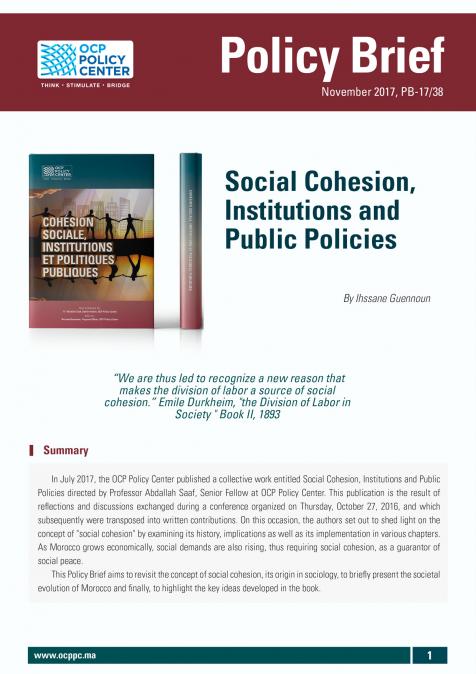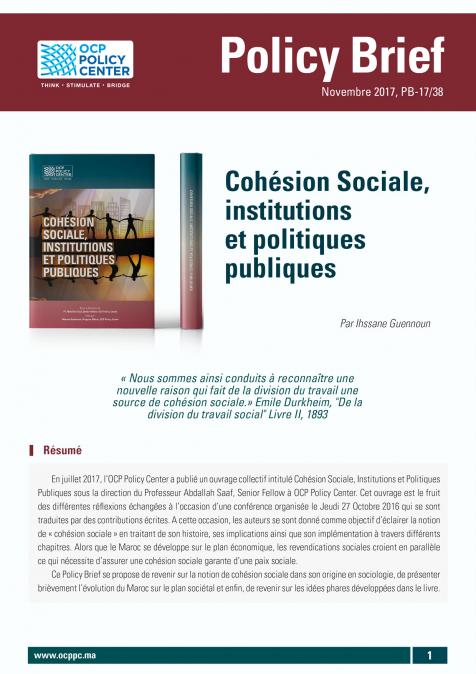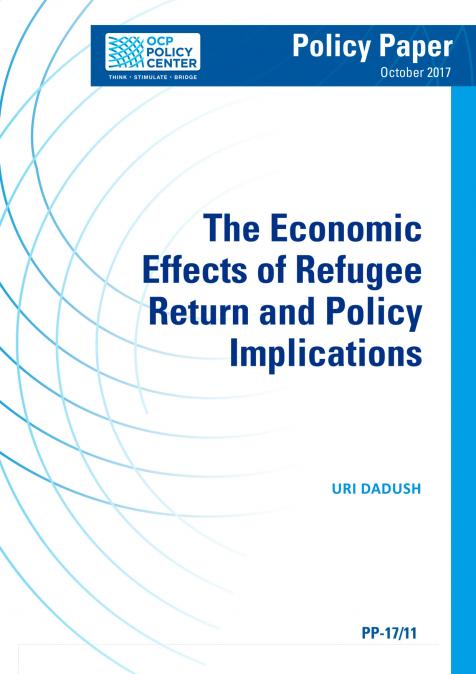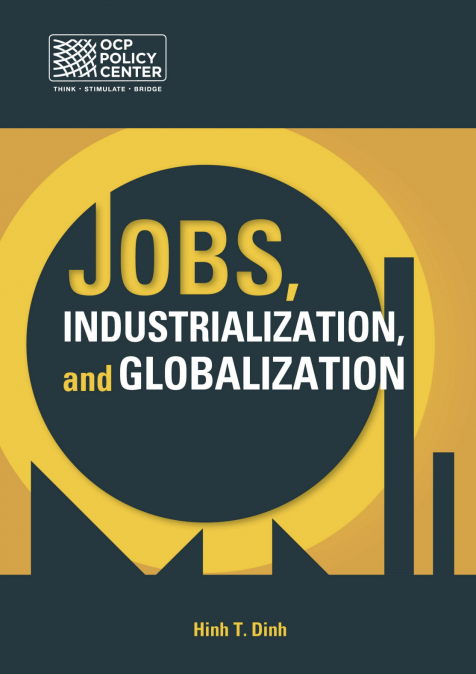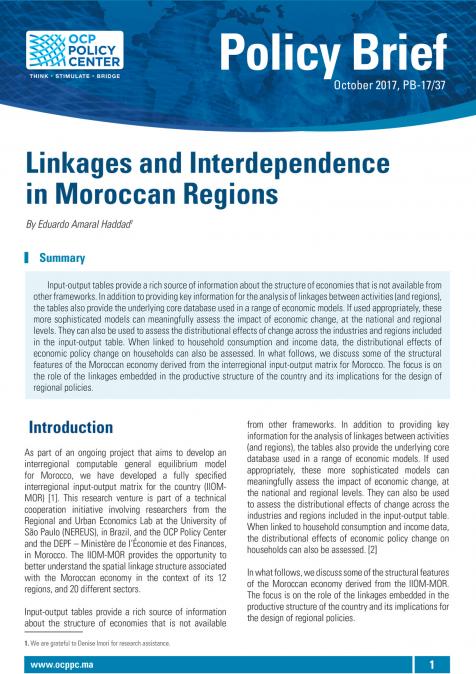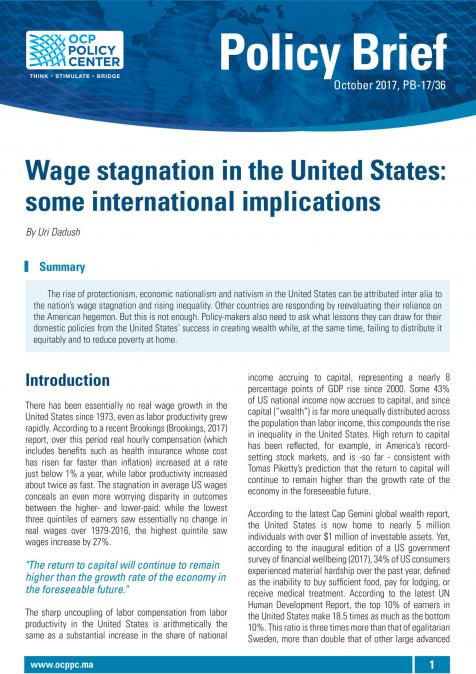في هذه الحلقة من برنامج "حديث الثلاثاء"، نسلط الضوء على أبرز التطورات التي شهدتها تشاد خلال السنوات الأخيرة، ونناقش مراحل الفترة الانتقالية التي انطلقت سنة 2021 و خاصة العودة إلى النظام الدستوري. كما نستعرض تفاصيل الانتخابات الرئاسية التي أجرت في مايو 2024، حيث نركز على التحديات المحتملة وآفاق السياسة الخارجية في ظل جهود الرئيس محمد ديبي لتطوير العلاقات الثنائية مع مختلف الشركاء
Speakers
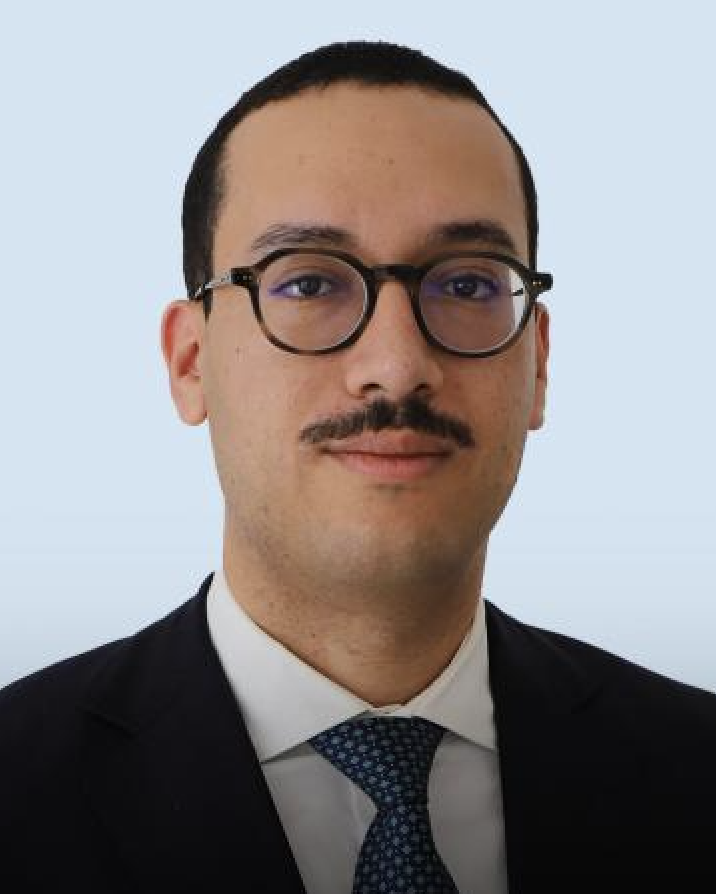
Oussama Tayebi
International Relations Specialist
Oussama Tayebi is an international relations specialist in the International Relations Research Department at the Policy Center for the New South. His work focuses primarily on governance, peace, and security challenges in the Central Africa sub-region.
Previously, he contributed to the activities of the UN Women Multi-Country Office for the Maghreb and the NGO The ONE Campaign, supporting advocacy initiatives on the Africa-EU partnership and official development assistance.
Oussama holds a bachelor’s degree in political science from the School of Governance and Economics in Rabat and a master’s degree in international relations from Sciences Po Aix.
...

Redouan Najah
International Relations Specialist
Redouan Najah is an International Relations Specialist in the Strategic Monitoring and Analysis Unit of the Policy Center for the New South. His areas of research and publications focus on cyberspace, cyber defense, cybersecurity, Central African countries, and China in Africa. Redouan joined the Policy Center for the New South research team in 2019. He holds a master's degree in Geopolitics and International Relations from Cadi Ayaad University, Marrakech, and a bachelor's degree in Economics and Management, from the Polydisciplinary Faculty, Béni-Mellal.
...

